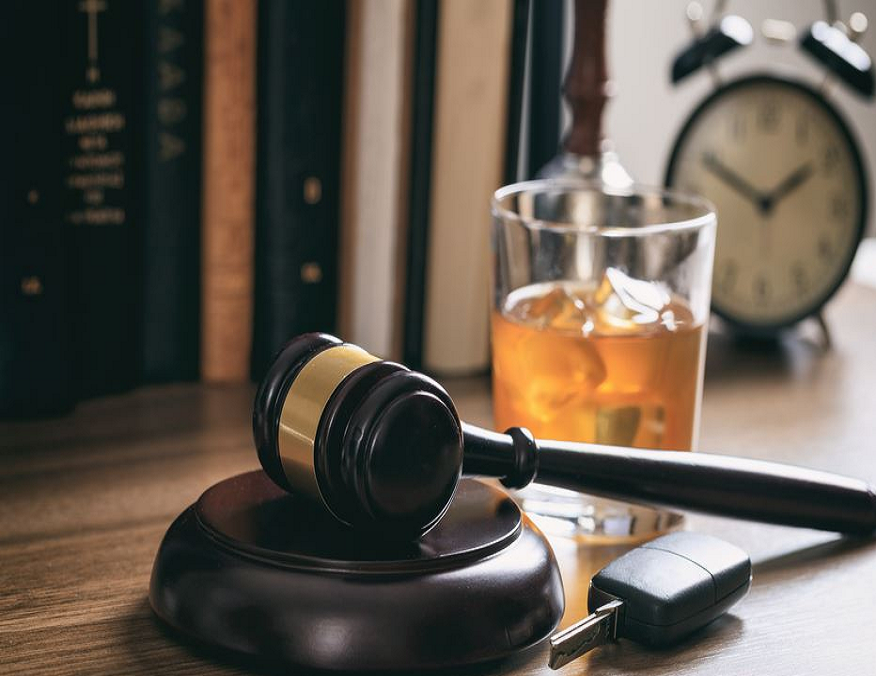A DUI arrest can have serious consequences, including the loss of driving privileges. A knowledgeable lawyer may be able to save your license, reduce charges or even keep them off your record entirely.
Savannah DUI lawyers fight refusal suspensions at the state driver’s license hearing, often winning them before they ever reach a jury. They also help clients defend against criminal penalties such as jail time.
Experience
Many people know that driving while under the influence of alcohol or other drugs can result in stiff penalties, including jail time, expensive fines and a driver’s license suspension. But what many don’t realize is that DUI charges can stay on your criminal record for years. A Savannah DUI attorney can help you understand how long a conviction will stay on your record and assist you with getting it expunged from your records after a certain period of time.
A skilled and experienced lawyer handling DUI cases in Savannah will be able to defend you against DUI charges by challenging the evidence brought forward by the prosecution. For example, a DUI attorney can argue that the police officer failed to read your Implied Consent rights correctly or that he/she failed to follow proper protocol when collecting blood or breath samples. He/she can also challenge the accuracy of the breath or blood testing equipment. Even radio frequency interference from cell phones or residual mouth alcohol from burping or belching can throw off breath test results, potentially making them inadmissible in court.
Reputation
The state of Georgia does not take DUI offenses lightly. Depending on the circumstances of a case, even drivers with a clean criminal record face serious penalties, including loss of driving privileges, fines and a permanent record.
A Savannah DUI lawyer with a good reputation can help you avoid severe penalties, and may be able to negotiate with the prosecution for a lesser charge or even a dismissal of the charges altogether. They can also provide insight into how prosecutors develop their cases against defendants.
If you or a loved one is charged with DUI/DWI, it is important to act quickly. The quicker you hire an attorney, the better your chances of preserving evidence and getting a favorable outcome for your case.
Knowledge
A DUI conviction can have a serious impact on your life. You may lose your license, pay high fines, and face jail time. Your criminal record could also make it difficult to find a job, rent an apartment, or obtain security clearances.
A Savannah DUI attorney with a deep understanding of the law and technical details of DUI cases can put this knowledge to work in your defense. For example, a lawyer who understands the laws on DUI checkpoints and knows how police operate them can challenge the legitimacy of evidence collected at a DUI checkpoint.
A Savannah DUI lawyer with extensive knowledge of the laws on blood and breath test results can help you win your case by challenging the accuracy of the testing procedures. He or she can also point out any violations of the law that occurred during your arrest, such as if the officer did not have reasonable grounds to pull you over.
Flexibility
In Georgia, motorists who are arrested for driving under the influence face serious consequences, including fines and license suspension. These penalties can have a lasting impact on a motorist’s life and may even affect their ability to secure employment or obtain a mortgage.
Those who have been accused of DUI in Savannah should consider working with an experienced lawyer as soon as possible. A Savannah DUI attorney can help to build a strong legal defense, negotiate with prosecutors, review evidence, assist with hearings and provide representation in court.
Drunk driving is a serious offense that can result in hefty fines and jail time. In addition, a DUI conviction can cause a driver’s insurance rates to increase. Fortunately, there are a variety of DUI defense strategies that can be employed. These can include challenging the manner in which blood and breath test evidence was collected, examining whether the officer followed proper procedure when requesting an implied consent test and questioning the validity of the results.

